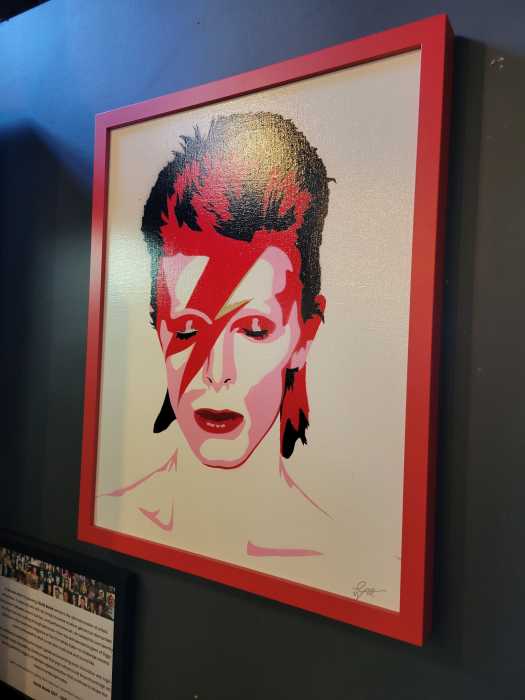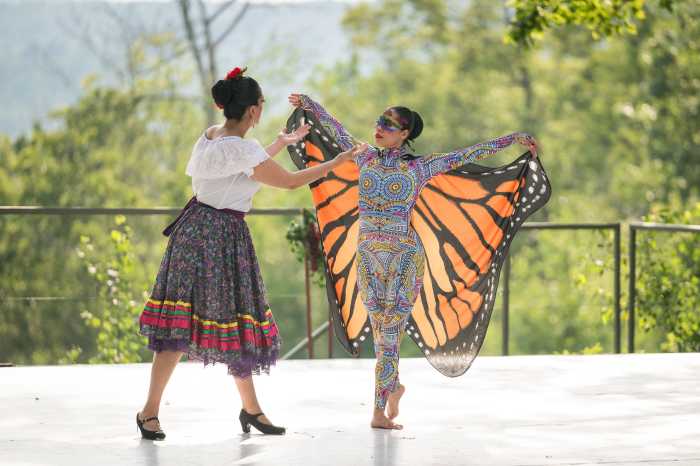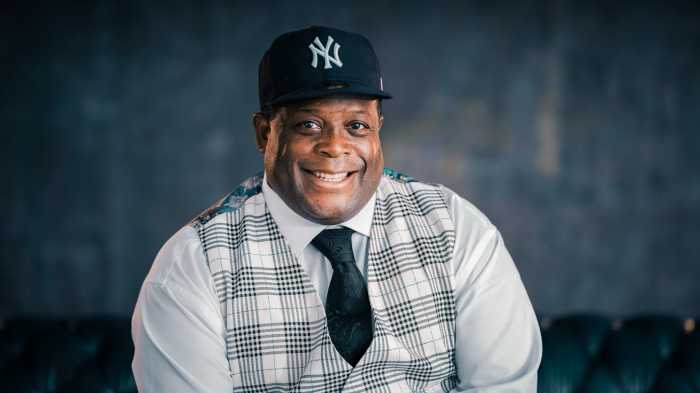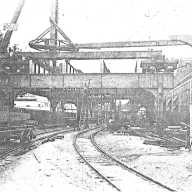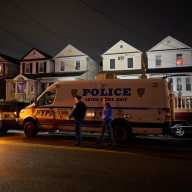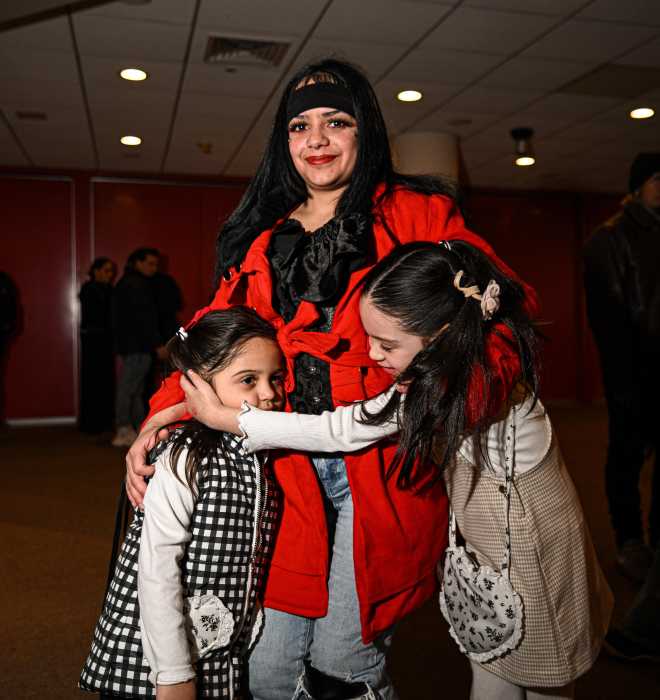A Queens Supreme Court judge officially dismissed one of several lawsuits brought against the operators of Forest Hills Stadium on Wednesday in a win for concertgoers.
At the end of 2023, Concerned Citizens of Forest Hills Inc. et al. vs. The West Side Tennis Club, which leases out the stadium, was filed in the Queens Supreme Court. Less than a year later, the judge found that the plaintiffs “failed to indicate that the harm is isolated to only them” and not the wider community.
Three named plaintiffs outlined significant and “unbearably loud” noise that travels from the stadium on concert nights into their homes on behalf of hundreds of residents. They say that for the last decade, they have struggled to relax at home due to the noise that exceeds the city’s noise code and continues past the 10 p.m. curfew.
Some residents supported the lawsuit’s call to cease concerts at the historic stadium in hopes of bringing back quiet to the residential neighborhood. However, in recent weeks, over 25,000 people signed a Change.org petition in support of the stadium and its benefits to the community.
In their request for the community’s support, organizers of the stadium called the lawsuit “frivolous” and defended themselves as good neighbors to local residents. The group responsible for bringing some of the top acts in music to Queens in the warmer months was glad to hear that the judge dismissed the suit.
“The entire Forest Hills Stadium team is delighted and grateful to the court for today’s decision. We are also heartened by the outpouring of love from the Forest Hills community, our neighbors and the more than 25,000 people who have signed a petition to support the Stadium,” read a statement from Akiva Shapiro of Gibson Dunn, a law firm retained by the West Side Tennis Club.
The stadium has faced similar legal challenges in the past, but community support for the venue has remained strong. In addition to the petition, many local businesses and residents have expressed their appreciation for the cultural and economic benefits that the stadium brings to Forest Hills. The influx of concertgoers has boosted local commerce, with nearby restaurants, shops and hotels experiencing increased business on event days.
In the seven-page report that outlined the judge’s decision, the justification centered around the legality of the claims. However, it did not deny that the stadium’s noise disrupted local residents.
The suit alleged a private nuisance claim while alleging that harm is felt throughout the entire Forest Hills community rather than a handful of people. A private nuisance claim is defined as a threat to one person or a few that must involve an interference with the use or enjoyment of land.

The judge found the claim incompatible and wrote that Concerned Citizens “failed to adequately plead their private nuisance claim.” The report also pointed out that as a group, Concerned Citizens lacked standing because the organization was not harmed apart from the distress experienced by its members.
The court pointed out that while there is a narrow exception that allows private individuals to bring about public nuisance claims, they must be able to show that a person suffered a “special injury beyond that suffered by the community at large.”
“Here, plaintiffs have failed to indicate that their harm is in any way different from the harm experienced by the greater Forest Hills Community,” concluded the judge’s decision filed on Wednesday.
One of the affidavits submitted against the stadium was by an acoustical engineer, Alan Fierstein, who founded an acoustical consulting services company, Acoustilog, Inc., in 1976. He took noise readings from Forest Hills locations near and far from the stadium to make the case for the stadium to reduce sound levels and install further soundproofing.
His sound reports of noise disturbances “revealed that indeed the harm is felt throughout the community,” which affects “at least 2500 private homes.” Feinstein reached that conclusion by taking measurements from spots “as far as 2,800 feet from the stage.”
Operators of the stadium insist they have spent hundreds of thousands of dollars on noise mitigation efforts and comply with the regulations set by city agencies. And despite other lawsuits threatening to end concerts, the operators remain optimistic about the future of Forest Hills Stadium as a top concert venue.
“We remain committed to thoughtfully preserving a cultural icon and delivering the best possible experience inside and outside of the Stadium,” continued the statement from the stadium’s legal representatives. “While this does not mean the end of the Stadium’s legal challenges, we are hopeful that the Stadium’s rights will soon be fully vindicated in the remaining lawsuits as well.”
The dismissal marks a significant win for the historic Forest Hills Stadium, which has been a prominent fixture in the community since its opening in 1923. Originally built as the home of the U.S. Open Tennis Championships, the stadium has, in recent years, become a popular venue for concerts, attracting world-renowned artists and drawing thousands of music fans to the area.


